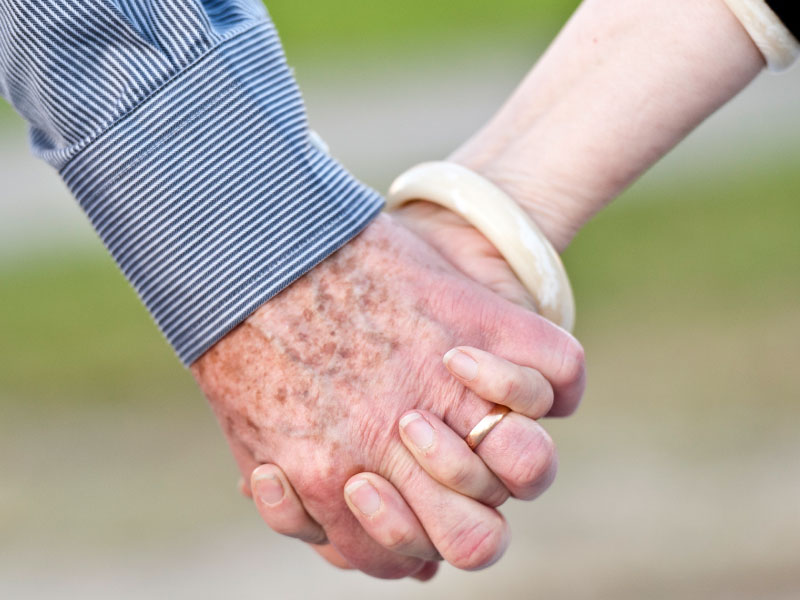Having spouse in ICU could increase heart risk
By American Heart Association News

Having a spouse in a hospital's intensive care unit may make a person more likely to have a heart attack or cardiac-related hospitalization themselves within a few weeks of the ICU admission, according to new research.
"Spouses of ICU patients should pay attention to their own physical health, especially in terms of cardiovascular disease," the study's senior author, Dr. Hiroyuki Ohbe, said in a news release. He is a Ph.D. student in the department of clinical epidemiology and health economics in the School of Public Health at The University of Tokyo in Japan. "The ICU can be a stressful environment with significant caregiving burdens, and spouses may face tough decisions about continuing or ending life-sustaining treatment."
The work, published Monday in the American Heart Association's journal Circulation, used information from the Japan Medical Center database on just over a million married couples, including more than 7,800 spouses of patients admitted to ICUs for more than two days from 2005 to 2018. They then were matched by sex, age and medical insurance status with more than 31,000 people randomly selected from the database.
Researchers combed the data for any visit or hospitalization for heart disease and for severe cardiovascular events. People with a husband or wife in the ICU had higher odds within a month of having a cardiovascular event, such as chest pain, heart attack, stroke, irregular heart rhythm, heart failure or a blood clot in the lungs, also called a pulmonary embolism. They also were more likely to be hospitalized for a heart-related issue.
The authors said this study is the first to suggest a spouse's ICU admission may be a heart risk factor for the other spouse.
Previous research shows that about a quarter to half of family members of a critically ill patient experience symptoms of post-traumatic stress disorder, anxiety and depression, known as "post-intensive care syndrome-family." And bereavement studies have looked at a condition known as broken heart syndrome cardiovascular diseases in the early weeks and months after a loved one has died.
Earlier studies and the current American College of Critical Care Medicine guidelines on care for family members of ICU patients focused mostly on mental health. The new study's authors said more research is needed to confirm the findings related to physical health risks and to explore if behavior adjustments during this stressful time are factors.
The database included only people with employment health insurance, which could limit the ability to generalize the findings to other populations, such as older retired adults or people without insurance.
If you have questions or comments about this story, please email [email protected].





